Abstract
Sharenting—a portmanteau of “share” and “parenting”—occurs when parents use social media to share aspects of their children’s lives by posting messages, photographs, and videos that convey personal information about their children. While sharenting can help parents stay connected and share aspects of their life with others, it can also present a genuine threat to children. Many parents forget that “the internet is forever” and that when intimate details of children’s personal lives are shared, it creates an online reputation and triggers data collection that they cannot undo as adults. Furthermore, sharenting presents such a novel and complex problem that existing privacy-focused legislation doesn’t provide adequate relief. Instead, this note looks to another potential solution for the harm caused by sharenting: eraser laws. While such eraser laws haven’t yet found any footing in the United States (U.S.), this note examines House Bill 1627 before the Washington state legislature, a now dead bill that was the first example of a potential eraser law in the U.S. This note finds that, while groundbreaking, this bill, like other eraser laws, is narrow in scope, would likely be challenged on constitutional grounds, and faces many obstacles in its path to enactment. Similar to HB 1627, eraser laws would likely struggle to be enacted and enforced in the U.S. and presumably would not be a viable legislative solution. However, the mere fact that HB 1627 was proposed indicates a greater concern by Americans for their online privacy, which is promising for future legislation.
Link to Full Article:
